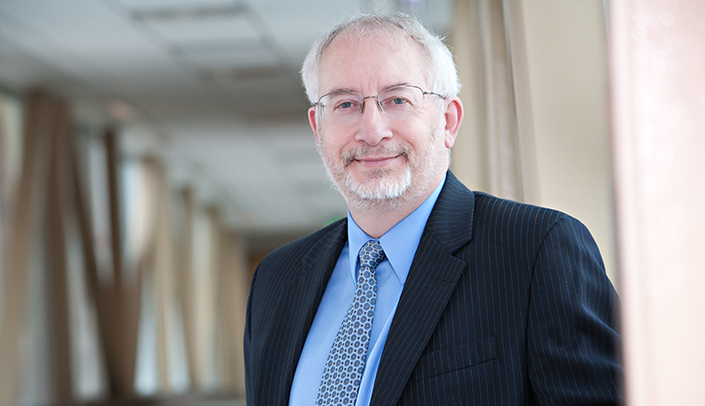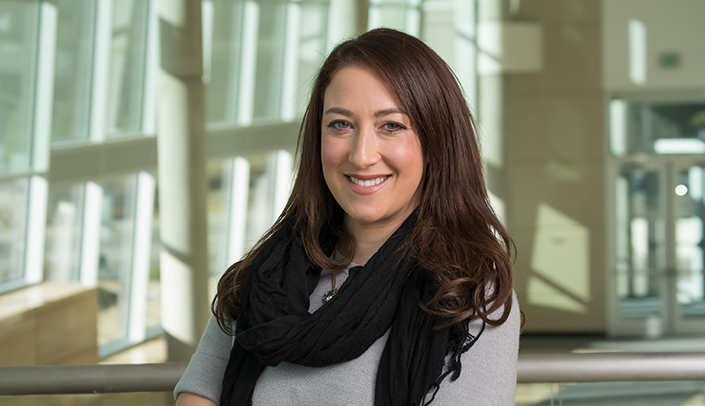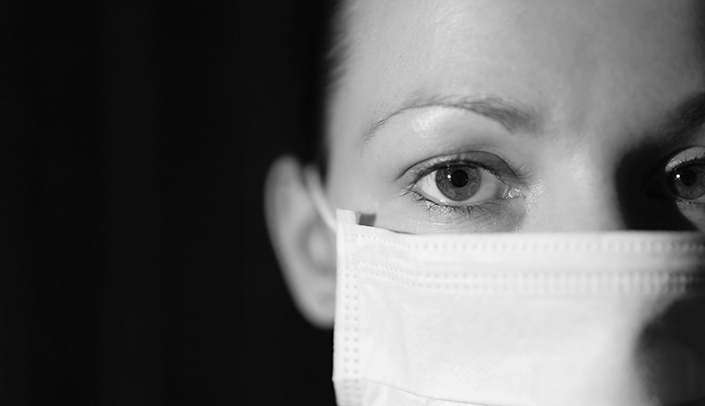We all have to deal with stress in our lives. But, it turns out that medicine is one of the most stress-filled occupations.
The stats are alarming:
- Between 300 and 400 physicians each year commit suicide.
- An estimated 11 percent of all U.S. medical school students seriously consider suicide each year.
- One out of every two physicians has experienced job burnout.
- The burnout rate for physicians is the highest of nearly every occupation. It’s about double the burnout rate for attorneys.
- Looking back on my years as a medical student, it’s easy to see how stress levels are elevated.
The reasons:
- The pace of medical school is much faster than undergraduate school. The workload is greater and comprehension is more difficult.
- Most medical students were A students at the undergraduate level.Now, they are competing against the brightest of the bright. Someone has to be in the middle or bottom part of the class, and it can be difficult for students to accept.
- For some, medical school means starting over in a new city. Support systems are gone and the needs of daily life compete with a grueling study schedule. Time out for grocery shopping and haircuts adds stress.
Nobody is immune from these pressures. Personally, I can still recall how stunned I was when I failed an undergraduate genetics exam. It was completely deflating.
I also can recall, as an infectious diseases fellow at the University of North Carolina, when I submitted my first research paper to my adviser for his review. I had worked on this paper for weeks. When it came back, it was covered in so much red ink that it looked like it had been colored by a 3-year-old.

Bradley Britigan, M.D.
Events like these can be demoralizing. But, it happens. The key is how we react when things don’t go our way.how resilient can we be?
For me, I salvaged an A in genetics by doing well in the final two exams (everyone’s lowest exam score was thrown out). And, I gained so much from my adviser’s edits on my research paper, I used it as a learning opportunity to develop future research articles.
As stressful as medical school and residency was for me more than 30 years ago, it’s probably even more stressful today.
For example, in my day, the United States Medical Licensing Examination (USMLE) Step 1 was an exam that you passed and moved on.
Now, at the end of the second year of medical school, students must take that same exam and do well because that score has become a screening device to help residency programs, overwhelmed with applicants, decide who to invite for interviews.
You could be the No. 3 student in your medical school class, but if you have a bad day and get a poor score on the USMLE-1, it may impact your medical career options. Consequently, our second-year students find themselves trying to carve time out of their already busy and stress-filled lives for extra weeks and months studying for this exam.
Unless good coping and stress management skills are learned as a student, it will be hard to create a healthy work-life balance in the future when faced with difficult emotional challenges, like dying patients and mourning families.
UNMC wants to be a national leader in helping students, faculty and staff better deal with stress and burnout.
In December, UNMC hired a psychologist, Jennifer Yalof, Psy.D., as wellness coordinator – a new faculty appointment within the department of psychiatry. Dr. Yalof will help medical students and residents better navigate their educational training.

Jennifer Yalof, Psy.D.
In addition, the College of Medicine hired Marcia Shadle Cusic to provide personalized support for our students, with a particular focus on first- and second-year students. We welcome the addition of Marcia and Jennifer to the college and thank Sue Pope as well, who, for many years, has been a similar resource particularly for third- and fourth-year students.
These initial efforts will be largely focused in the College of Medicine. But, it is hoped that the program can become a model for the entire academic campus.
In late January, UNMC brought in four nationally recognized experts on stress, burnout and mental illness to offer their insights to faculty, staff and students. It was time well spent.
Bradley Britigan, M.D., is the dean of the UNMC College of Medicine.
